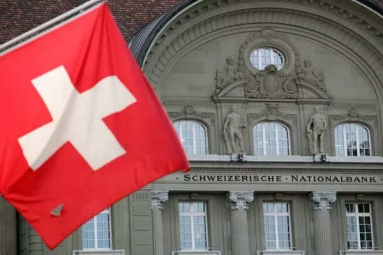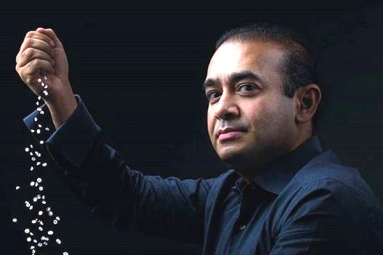
(Image source from: BW Businessworld)
The Reserve Bank of India, while announcing the first monetary policy for the financial year 2019-20, made its intentions clear to open up Indian government securities (G-Sec) market for Non-Resident Indians. That is to say, NRIs would soon be able to invest in Indian g-secs.
"Pursuant to the announcement made in the Union Budget for 2014-15 on ‘allowing international settlement of Indian debt securities’, the Reserve Bank of India, in consultation with the government, had initiated discussions with ICSDs to permit their non-resident clients to transact in government securities. It is now proposed to commence the process of implementation of the international settlement of Government securities by ICSDs," says the statement of developmental and regulatory policies issued by RBI.
International Central Securities Depositories (ICSD) is a specialized financial service organization that settles trades in international securities.
Most of the experts regarding the idea said that the success of this initiative will depend on the extent of awareness among investors and liquidity in G-Sec markets, operational flexibilities, among other factors.
"It is a positive move by the government and will bring in a new class of investors in Indian g-secs. If it catches up, then it should push up demand for g-secs and in turn, bring down the cost of borrowing for the Indian government. Investors from the developed markets may take a keen interest in the G-Sec," says Sujoy Kumar Das, head fixed income, Invesco Mutual Fund.
According to Joydeep Sen, founder of wiseinvestor.in, NRIs sending money home may find this route interesting, means that as opposed to sending cash from overseas to their family back in India, NRIs could as well invest in g-secs and choose to have the redemption proceeds sent to their families back in India, at redemption time.
Experts, however, point out that the one should wait for the framework of rules that will be unveiled by the RBI and government. The operational flexibility will be watched out by all the stakeholders in this regard.
Currency risk will also be a key factor when it comes to investments from non-residents. Non-residents wanting to invest in Indian g-secs would need to buy rupee by paying in their home currency. The rupee so bought will be used to purchase g-secs.
In a similar way, interest payments and principal amounts that need to be remitted back to their abode countries would once again need to be converted to foreign currencies.
Overseas investors will need to keep a check of the cost of hedging their currency exposure. However, experts say that as India see more inflows the currency hedging won't be a big fuss. If inflation remains under control and India endlessly sees foreign inflows, then the cost of hedging will descend.
"Low-interest rates on offer; complex operational issues in trading that leads to poor liquidity in the secondary market make many domestic investors including corporate treasuries to stay away from investing in G-Sec," points out Vikram Dalal, founder and managing director of Synergee Capital Services.
He further points out that despite all the arrangements done by the stakeholders, most papers are illiquid and the spreads in the secondary market (the difference between buy and sell price) are high wherever trading happens. Typically Indian investors prefer g-secs through mutual fund schemes.
-Sangam Sowmya







